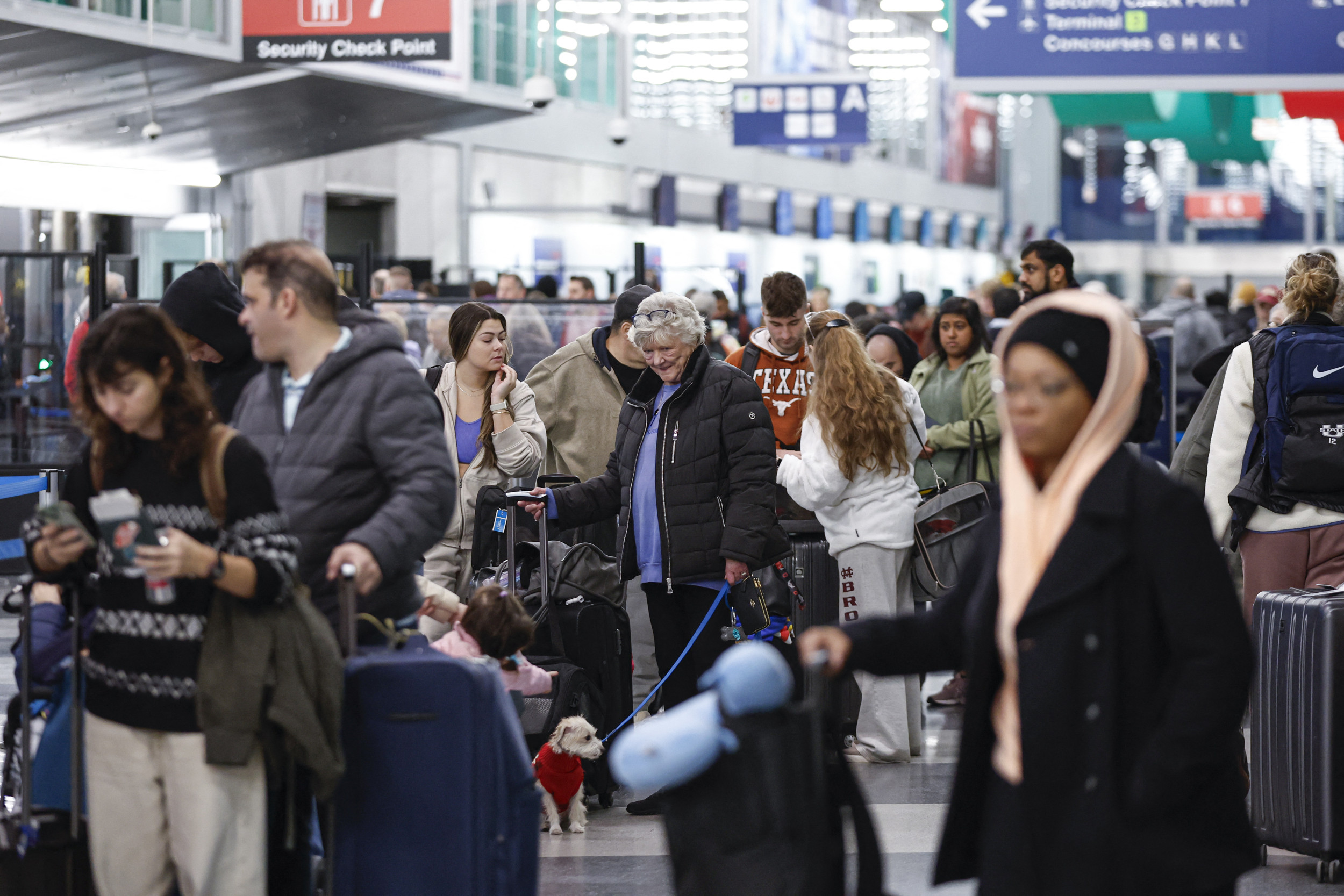World
West risks a Third World War unless it improves weapons, says ex-Ukraine army chief

Gen Zaluzhny, wearing civilian clothes, did not specify what kind of weapons would be needed but said more development was needed to prevent Ukraine losing the war.
“Evil is here and it has come to kill,” he said in his first public remarks since arriving in London.
“In the last century alone two conflicts, the First and Second World Wars – separated by less than 20 years – killed more than 60 million people.”
“Is humanity ready to accept the next war on this scale of suffering? This time the Third World War?” he asked.
“Free and democratic nations and their governments need to wake up and think about how to protect their citizens and countries.”
He added: “The desire to survive on the battlefield is the main reason for the search to improve weapons.”
“For various reasons neither Ukraine nor Russia will be able to master these technologies alone.
“But whoever masters them will decide the global security challenge.
“Who will master these technologies more quickly – the democratic world or the world of tyranny – will depend on us.”
Gen Zaluhzny warned that only by combining Ukrainian experience with Western resources could such breakthroughs be made and that “time is no longer on our side”.
He has previously called for a focus on weapons development, predicting in an article for the Economist, before he left the army, that only new technology would allow either side to make a decisive breakthrough on the battlefield.
Rise of drones
The ubiquity of drones in particular has changed the nature of the war in Ukraine, making the battlefield transparent and difficult to concentrate forces in conventional ways.
Gen Zaluzhny was the commander in chief of the Ukrainian armed forces when Russia invaded in February 2022.
He was credited with masterminding the successful defence of Kyiv and the shock counter-offensives that drove the Russians out of Kharkiv and Kherson in the autumn of that year.
But he quarrelled with president Volodymyr Zelensky after he described the war as a “stalemate” following the failure of the 2023 counter-offensive.
Speculation grew that he harboured political ambitions in Kyiv until he was fired in February this year.








